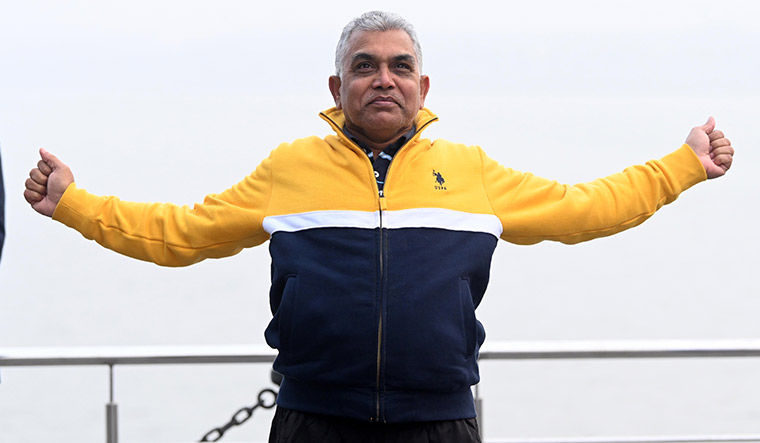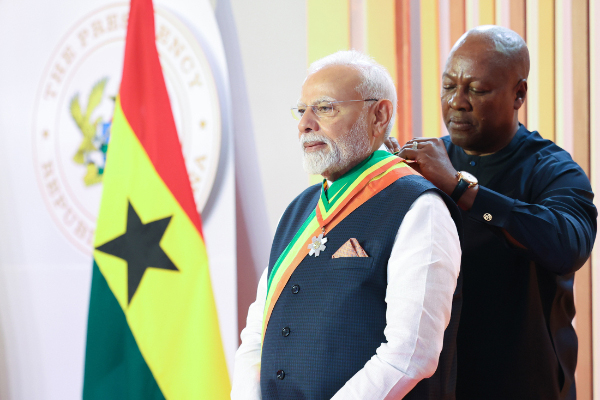In a powerful message of solidarity, Aam Aadmi Party (AAP) MP Raghav Chadha has spoken out against the Trump-era foreign student visa restrictions that once threatened the academic futures of thousands of international students in the U.S. An alumnus of the prestigious Harvard University,
Chadha’s statement—”I wear my colours with pride”—was both a tribute to his alma mater and a bold stand for academic freedom.
The Controversial Policy and Chadha’s Harvard Connection
In 2020, under the Trump administration, a controversial visa policy was introduced that required foreign students to leave the U.S. if their courses moved entirely online due to COVID-19. The move sparked global outrage, especially among top universities like Harvard and MIT, which jointly filed a lawsuit against the Trump administration to protect their students.
Raghav Chadha, who pursued an executive course at Harvard Kennedy School, condemned the discriminatory nature of the policy and expressed unwavering support for the institution and the global student community. His public endorsement of Harvard’s legal resistance resonated deeply with students and academicians across the globe.
“I wear my colours with pride. Harvard stands not just for academic excellence, but for fairness, equality, and justice,” Chadha shared on social media.
Political Solidarity and Global Academic Integrity

Raghav Chadha’s statement aligns with the broader Indian political discourse that advocates for student rights and equitable access to global education. His reaction is not just personal but symbolic—representing India’s academic diaspora that continues to face uncertainties due to shifting global immigration policies.
This is not the first time Chadha has spoken on global matters. As one of AAP’s most prominent young leaders, his commentary often intersects with issues of human rights, governance, and international policy. His vocal support highlights how Indian lawmakers can play a role in defending the interests of Indian citizens globally—even when the matter lies beyond India’s borders.
From a policy perspective, this incident reignites debates on how international educational policies can have far-reaching consequences, especially for students from countries like India who form a large portion of foreign university enrolments.
Harvard and MIT’s Legal Pushback: A Win for Global Students
One of the most significant outcomes of the Trump administration’s controversial policy was the robust response from academic institutions. Harvard and MIT led the charge by filing a lawsuit against the U.S. Immigration and Customs Enforcement (ICE), urging the administration to rescind the directive.
Just days after public backlash and legal threats, the Trump administration reversed the policy. This win was seen as a victory for academic freedom and student rights—a cause supported vocally by Harvard alumni like Raghav Chadha.

This episode also served as a reminder of the power of collective action—when institutions, students, and public figures come together to challenge unjust governance, even the strongest policy walls can fall.
Conclusion: When Alumni Speak, Institutions Listen
Raghav Chadha’s voice adds to a growing chorus of Indian leaders standing up for academic freedom and international collaboration. His statement—though brief—resonates with emotion, pride, and purpose.
In an era where education and migration policies continue to be influenced by political ideologies, voices like Chadha’s help maintain a global standard for fairness. His public support reinforces the role of alumni as stakeholders who uphold the values their institutions stand for.
✅ What You Can Do Next:
- Share this article to spread awareness about policy impacts on foreign students.
- Leave a comment if you’ve been affected by international education policies.









